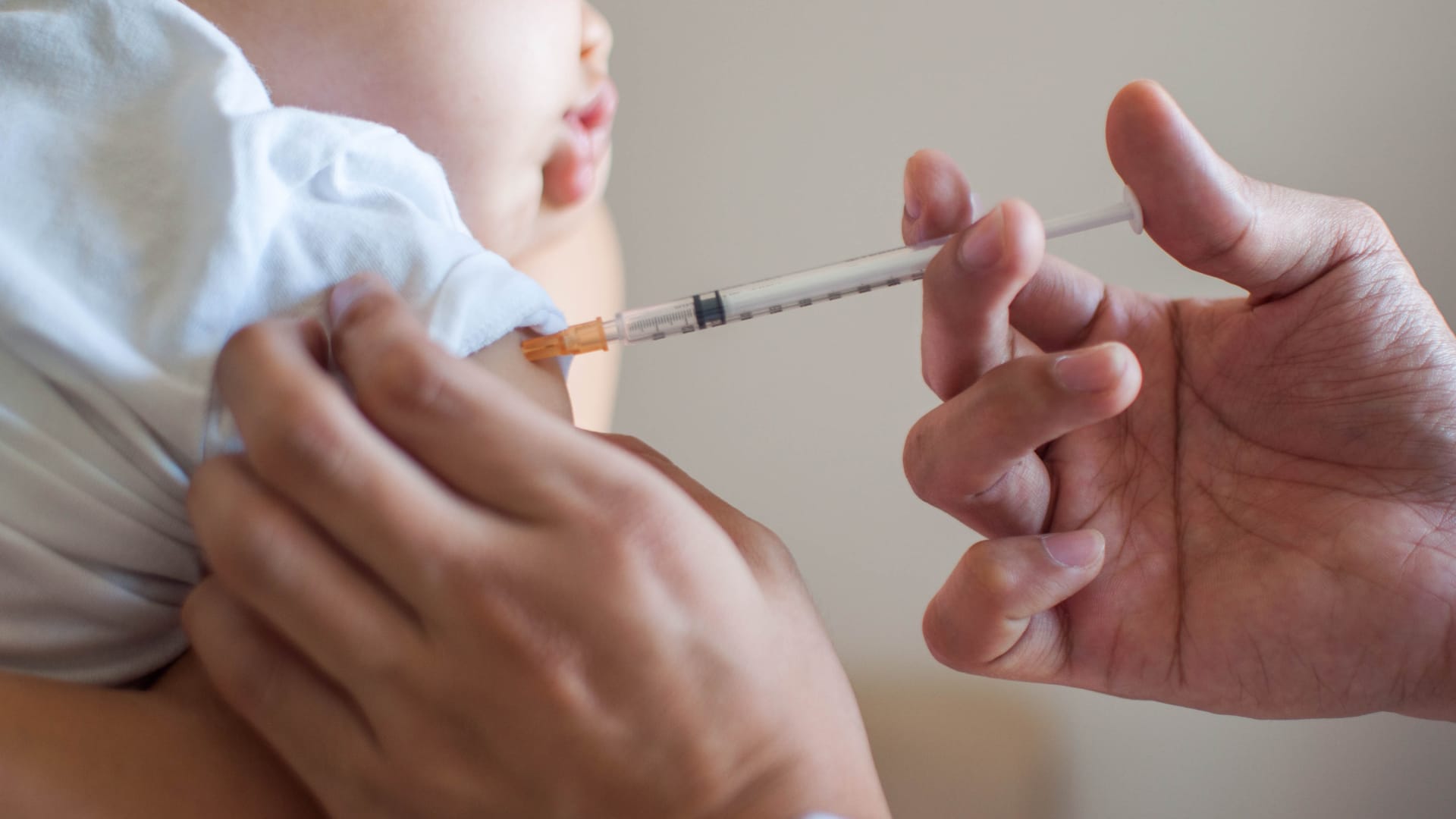The civilian toll is rising in Odesa, the Ukrainian port city that has been under relentless attack by Russian forces in the past week after the Kremlin pulled out of an agreement that allowed for the export of Ukrainian grain through the Black Sea.
One person died and 19 others, including 4 children, were injured in Russian missile strikes on Odesa overnight Sunday, according to Ukrainian officials. At least six residential buildings and an Orthodox cathedral were damaged in the attack. Dozens of cars were also damaged and many residents were left without power.
With its busy port, Odesa has long been a crucial economic link for Ukraine to the rest of the global economy. Even though the city had been subject to attacks earlier in the war, there had been a fleeting sense of normalcy because for almost a year it had been shipping out agricultural products despite a wartime blockade by Russia.
On Saturday, Mr. Zelensky warned of the dire fallout of Russian actions in the Black Sea.
“Any destabilization in this region and the disruption of our export routes will mean problems with corresponding consequences for everyone in the world,” he said in his nightly address. Food prices could surge, he said.
In Russia, President Vladimir V. Putin on Sunday was scheduled to meet with his Belarusian counterpart, Aleksandr G. Lukashenko, the Kremlin said in a statement. It would be one of the first public meetings for Mr. Putin since Mr. Lukashenko said he helped broker an agreement that led to the end of…
2023-07-23 01:52:52
Original from www.nytimes.com
rnrn














